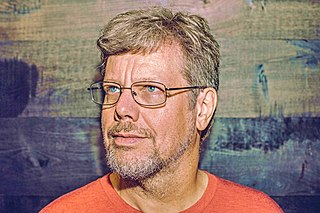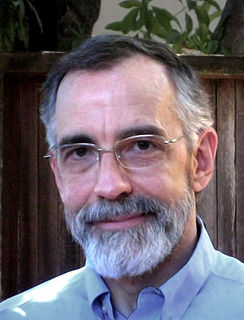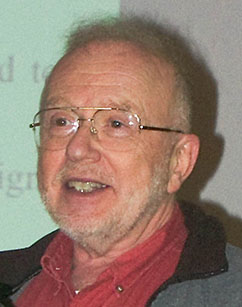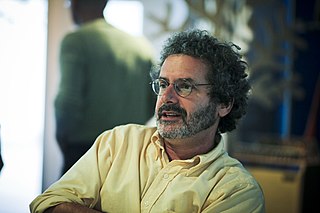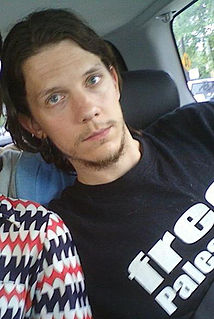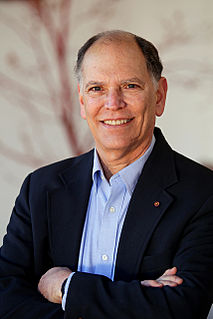Top 1200 Complex Systems Quotes & Sayings
Explore popular Complex Systems quotes.
Last updated on April 14, 2025.
One can expect the human race to continue attempting systems just within or just beyond our reach; and software systems are perhaps the most intricate and complex of man's handiworks. The management of this complex craft will demand our best use of new languages and systems, our best adaptation of proven engineering management methods, liberal doses of common sense, and a God-given humility to recognize our fallibility and limitations.
The primary consequence of the computational nature of the universe is that the universe naturally generates complex systems, such as life. Although the basic laws of physics are comparatively simple in form, they give rise, because they are computationally universal, to systems of enormous complexity.
It is often said that the progression from simple to complex runs counter to the normal statistics of chance that are formalized in the Second Law of Thermodynamics. Strictly speaking, we could avoid this criticism simply by insisting that the Second Law does not apply to living systems in the environment in which we find them. For the Second Law applies only when there is no overall flow of energy into or out of a system, whereas all living systems are sustained by a net inflow of energy.
This story is the ultimate example of American’s biggest political problem. We no longer have the attention span to deal with any twenty-first century crisis. We live in an economy that is immensely complex and we are completely at the mercy of the small group of people who understand it – who incidentally often happen to be the same people who built these wildly complex economic systems. We have to trust these people to do the right thing, but we can’t, because, well, they’re scum. Which is kind of a big problem, when you think about it.
Wherever we find orderly, stable systems in Nature, we find that they are hierarchically structured, for the simple reason that without such structuring of complex systems into sub-assemblies, there could be no order and stability- except the order of a dead universe filled with a uniformly distributed gas.
As we build systems that are more and more complex, we make more and more subtle but very high-impact mistakes. As we use computers for more things and as we build more complex systems, this problem of unreliability and insecurity is actually getting worse, with no real sign of abating anytime soon.
The machines that are first invented to perform any particular movement are always the most complex, and succeeding artists generally discover that, with fewer wheels, with fewer principles of motion, than had originally been employed, the same effects may be more easily produced. The first systems, in the same manner, are always the most complex.
Technically speaking, since our complex societies are highly susceptible to interferences and accidents,they certainly offer ideal opportunities for a prompt disruption of normal activities. These disruptions can, with minimum expense, have considerably destructive consequences. Global terrorism is extreme both in its lack of realistic goals and in its cynical exploitation of the vulnerability of complex systems.


